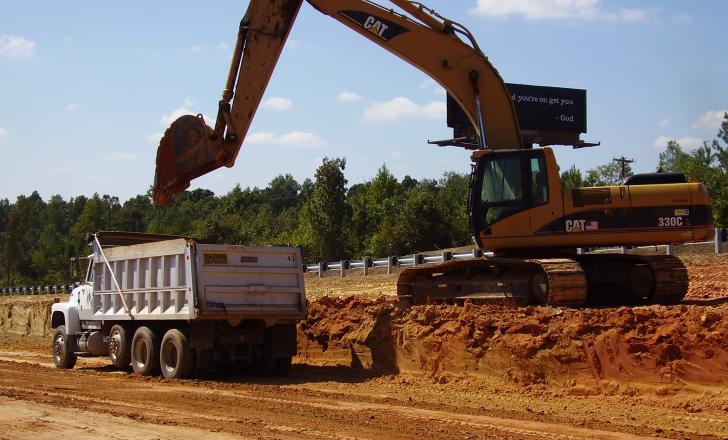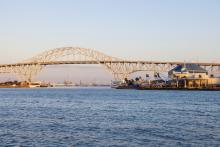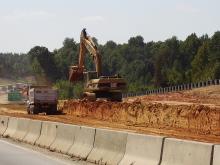
The US transport construction sector remains a positive in these difficult times. This is the finding of research by the American Road & Transportation Builders Association (ARTBA). According to ARTBA, many of the businesses and public agencies that design, build and maintain the nation’s critical transportation infrastructure continue to work while taking necessary precautions to protect their workforce from COVID-19. This comes from a new survey of ARTBA’s members.
With a few exceptions, transportation design and construction projects continue across the country, but survey respondents say they are feeling the effects of the pandemic. More than two-thirds are experiencing changes or adjustments to project schedules. Nearly 75 are expecting some or major financial impacts on their businesses.
ARTBA asked members what messages they wanted to deliver to Congress and the current administration relating to the next coronavirus relief bill. The most common refrains were: pass a strong multi-year transportation funding bill to help the economic recovery, “keep workers working” and do not shut down projects.
The survey also showed transportation construction firms have taken additive measures to protect the health and safety of their workers. Nearly 80% are rotating office employees between work and home or allowing them to work remotely.
Respondents said they are taking additional project site safety and health measures, including more regular cleaning of portable toilets (78%), third party cleaning (70%) and improved handwashing stations (61%).
When personnel are sitting in the cabs of construction machines or trucks, they are practicing social distancing. Road construction in particular suits itself to working with personnel kept at a safe distance.
The March 23rd-27th survey, initiated by ARTBA chief economist Dr Alison Premo Black, included 225 respondents representing the association’s eight membership divisions: contractors, planning and design firms, traffic safety and equipment manufacturers, materials and services firms, public officials and university professors/researchers.







